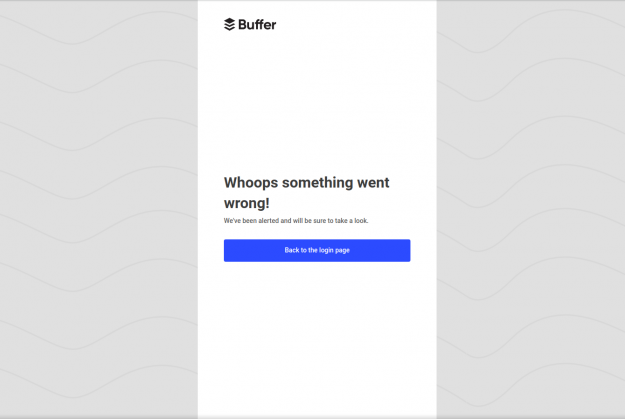Firefox’s market share has cratered while Mozilla’s dependence on Google and executive pay have soared. We look at what John Solomon is really walking into.
Posts tagged as “Google”
Our Marco Fioretti shares his thoughts on Google's (and others') bad boy behavior against Nextcloud (and others).
After Google removed needed permissions from the Nextcloud app, it refused to return them for months -- which quickly changed when the press got involved.
You maybe haven't thought about it, but every time you ask your favorite generative AI platform a question, you're pumping greenhouse gases into the atmosphere.
We're probably not going to find a solution to mass data mining by advertisers and others, as long as privacy issues are handled in a siloed manner by the individual platforms.
Google’s failed social network is now just another empty storefront on the Boulevard of Abandoned Tech
Excuse the hyperbole, but we’ve always wanted to use a click-baity sort of headline — just to see if they work. That being said, we’re not going to spoil the fun. To find the answer, you’re going to have to watch the video. Don’t worry, however — bad things rarely happen when Linux is involved.

The Screening Room
We found this short eight minute video quite by accident while searching through the FOSS Force News Wire looking for something else. In it, we find the well known open source community manager, Jono Bacon, at home, apparently alone and in his kitchen, recording himself as he plays with his newly acquired Google Home device. This surprised us, as we didn’t know he actually had a home. It seemed to us he spends all of his time in his office, and we figured he lived there. We were also surprised to find him alone. A community manager, we figured, is absolutely always surrounded by his community.










Five Ways Google Could Improve Search In 2025 That Have Nothing To Do With AI
AI, Commentary and Internet
Here are some resolutions that Google might consider making for 2025. The problem addressed in the fifth point particularly irks us when we're doing research here at FOSS Force.